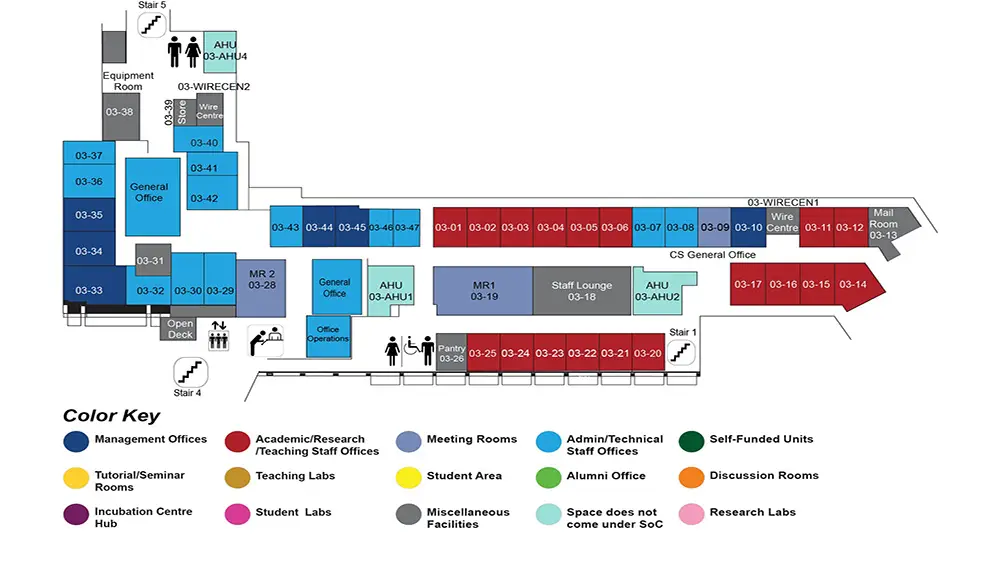Planning for Human-Robot Interaction: A POMDP Approach with Trust and Intention Models
COM1 Level 3
MR1, COM1-03-19

Abstract:
Human-robot interaction (HRI) is rapidly gaining importance as robots enter our daily life, e.g., autonomous driving car, household robots, e.t.c. To become an effective helper, the robot has to reason over human behaviors, and plans its own actions accordingly.
We propose several models for human-robot interaction, where we decompose human-robot interaction into two subproblems: (i) human behavioral modeling, and (ii) robot decision making. When modeling human behaviors, we draw insights from previous works in psychology and social science, and identify trust and intention as the key mental states that help to understand human behaviors. Motivated by earlier works, we learn from data a model of adaptive human behaviors conditioned on trust or intention as a latent variable. The learned human behavioral model is then embedded into a partially observable Markov decision process (POMDP) for robot decision making.
However, solving a POMDP optimally is computationally expensive in general. To facilitate robot decision making, we introduce POMDP-lite, a computationally efficient alternative of the general POMDP with the hidden state variables being static or changing deterministically. Although this may appear restrictive, POMDP-lite actually applies to a broad range of robotic taks, making it a useful tool in practice.
We validated our models on several human-robot interaction tasks. Experimental results showed that our robot is able to actively infer and influence human mental states, and leverage that for improved robot efficiency and team effectiveness.

